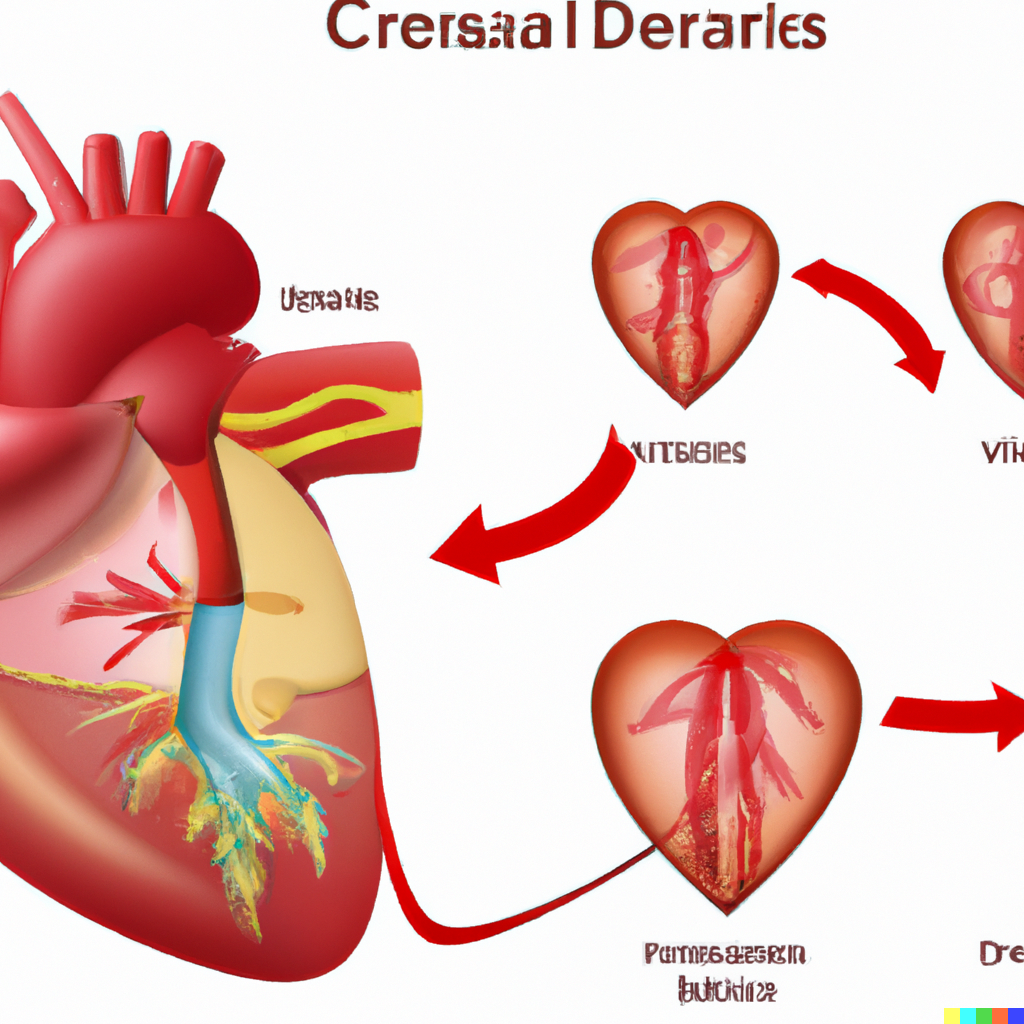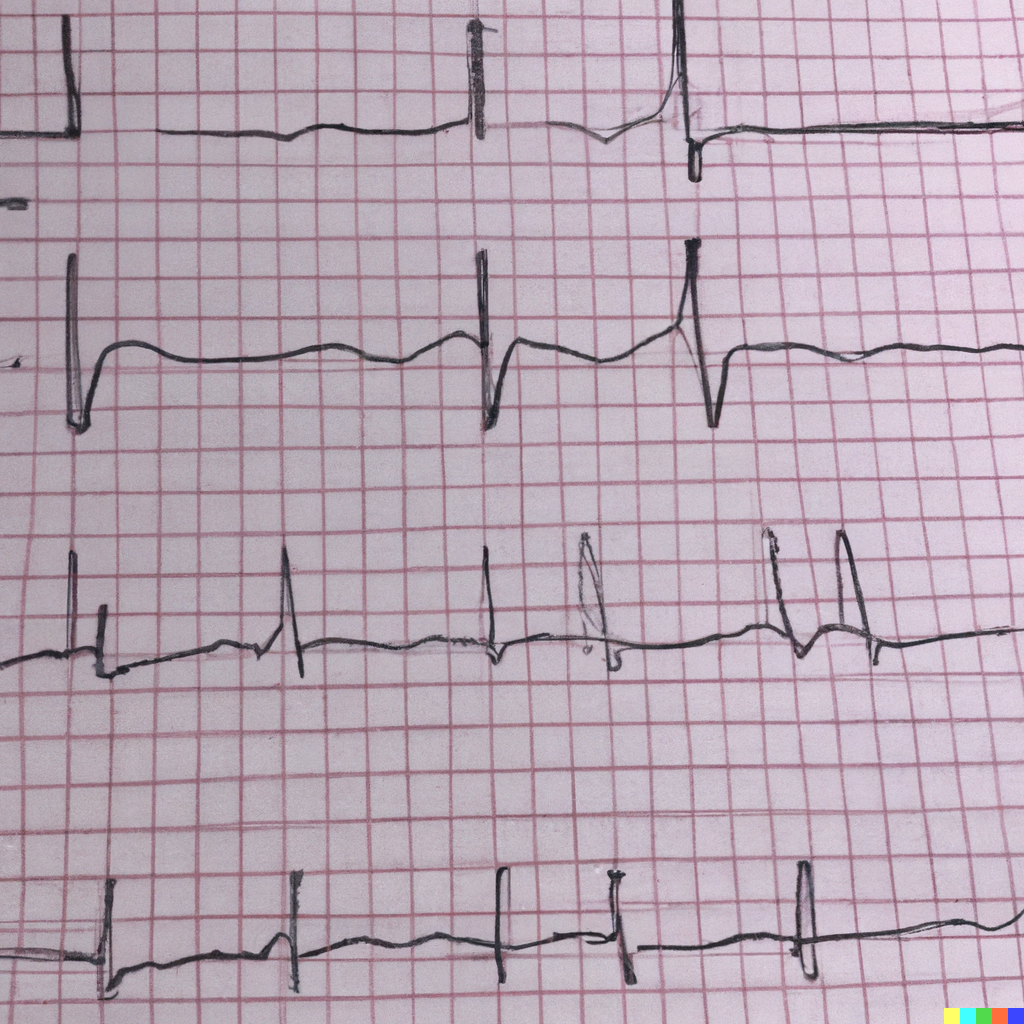Medicine and: a blog about everything medicine.
-

Heart Corner: Atrial Fibrillation
Not medical advice. Educational.
-

Statin therapy
Statin therapy is a cornerstone in the prevention and management of atherosclerotic cardiovascular disease (ASCVD). By inhibiting HMG-CoA reductase, statins lower LDL cholesterol, which significantly reduces the risk of myocardial infarction, stroke, and cardiovascular mortality. Their benefits are well-documented across primary and secondary prevention settings, with additional pleiotropic effects such as improving endothelial function and…
-

Ticagrelor or Clopidogrel Monotherapy vs Dual Antiplatelet Therapy After Percutaneous Coronary Intervention: A Systematic Review and Patient-Level Meta-Analysis
Significance: It remains uncertain whether the effectiveness of P2Y12 inhibitor monotherapy following a brief dual antiplatelet therapy (DAPT) regimen post-percutaneous coronary intervention (PCI) varies depending on the type of P2Y12 inhibitor used. Objective: To evaluate the advantages and disadvantages of ticagrelor monotherapy or clopidogrel monotherapy compared to standard DAPT after PCI. Data Sources: A search…
-

Type 2 myocardial infarction
Type 2 myocardial infarction (T2MI) results from ischemia due to reduced oxygen supply, heightened demand, or both, without acute atherothrombosis. Numerous nonatherosclerotic factors, including coronary abnormalities like vasospasm, dissection, or embolism, as well as noncoronary issues like anemia, hypoxemia, and hypotension, can diminish myocardial oxygen supply. Similarly, factors such as severe hypertension, tachycardia, and fever…
-

Impact of Bempedoic Acid on Total Cardiovascular Events: A Prespecified Analysis of the CLEAR Outcomes Randomized Clinical Trial
The Cholesterol Lowering via Bempedoic Acid, an ACL-Inhibiting Regimen (CLEAR) Outcomes trial investigated the impact of bempedoic acid, an ATP citrate lyase inhibitor, on the total incidence of major adverse cardiovascular events (MACE) in patients with high cardiovascular risk, statin intolerance, and elevated low-density lipoprotein cholesterol (LDL-C). The study included 13,970 patients with or at…
-

Empagliflozin in Patients with Chronic Kidney Disease
The EMPA-KIDNEY trial aimed to investigate the effects of empagliflozin in patients with chronic kidney disease (CKD) at risk of disease progression. The study enrolled individuals with an estimated glomerular filtration rate (eGFR) of at least 20 but less than 45 ml per minute per 1.73 m2 or an eGFR of at least 45 but…
-

Semaglutide and Cardiovascular Outcomes in Obesity without Diabetes
The study investigated the impact of semaglutide, a glucagon-like peptide-1 receptor agonist, on cardiovascular outcomes in individuals aged 45 or older with preexisting cardiovascular disease and overweight or obesity but without diabetes. In a double-blind trial, patients received either weekly subcutaneous semaglutide (2.4 mg) or a placebo. The primary cardiovascular endpoint (composite of cardiovascular death,…
-

5-Year Outcomes After Bioresorbable Coronary Scaffolds Implanted With Improved Technique
In the ABSORB IV trial, researchers aimed to assess the long-term outcomes of bioresorbable vascular scaffolds (BVS) compared to cobalt chromium everolimus-eluting stents (CoCr-EES). Initially, BVS showed worse early results due to suboptimal technique. However, the study revealed that BVS implanted with improved technique demonstrated noninferior 1-year outcomes to CoCr-EES. The objective was to evaluate…
-

Early versus Later Anticoagulation for Stroke with Atrial Fibrillation
The study described in the given abstract aimed to determine whether early initiation of direct oral anticoagulants (DOACs) would be more effective than later initiation in individuals with atrial fibrillation who had experienced an acute ischemic stroke. The trial was conducted at 103 sites in 15 countries and involved randomizing participants to receive either early…
-

Role of Artificial Intelligence and Machine Learning in Electrocardiogram Interpretation
Artificial intelligence (AI) and machine learning (ML) techniques have played a significant role in improving the interpretation of electrocardiograms (ECGs) in recent years. Here’s how it works and why it is useful: ECG Interpretation: ECGs are diagnostic tests used to evaluate the electrical activity of the heart. Traditionally, ECG interpretation has relied on the expertise…
Got any book recommendations?
